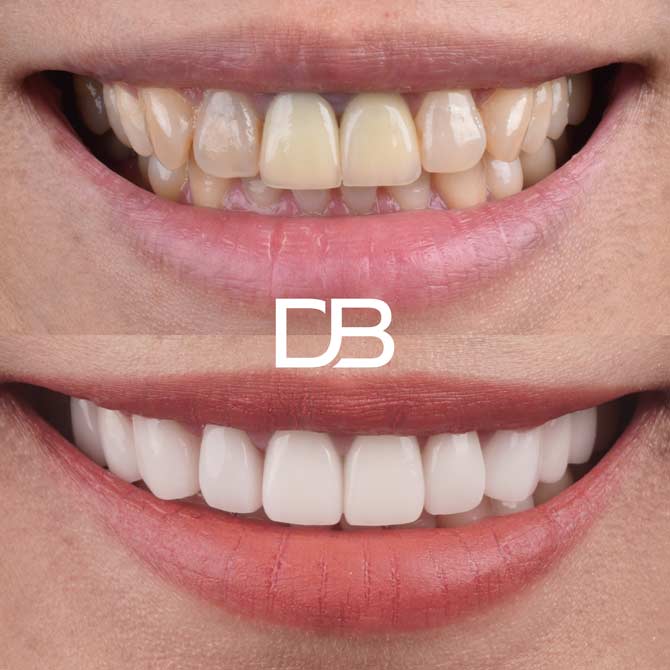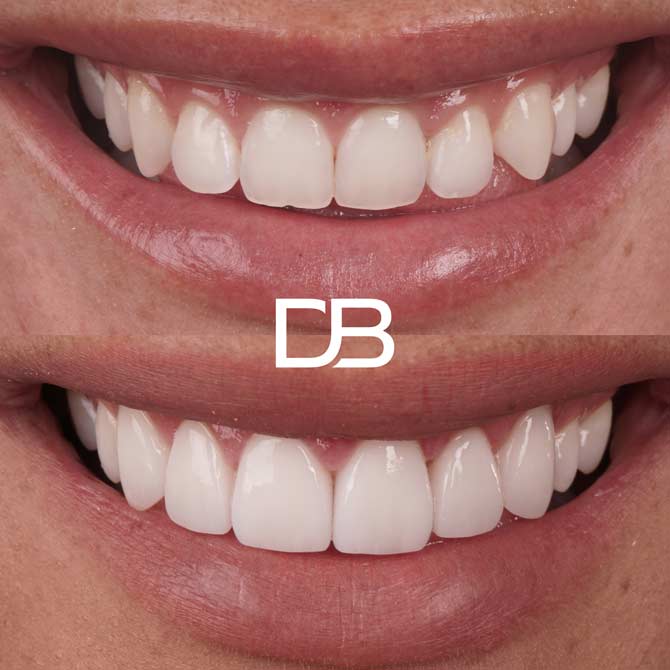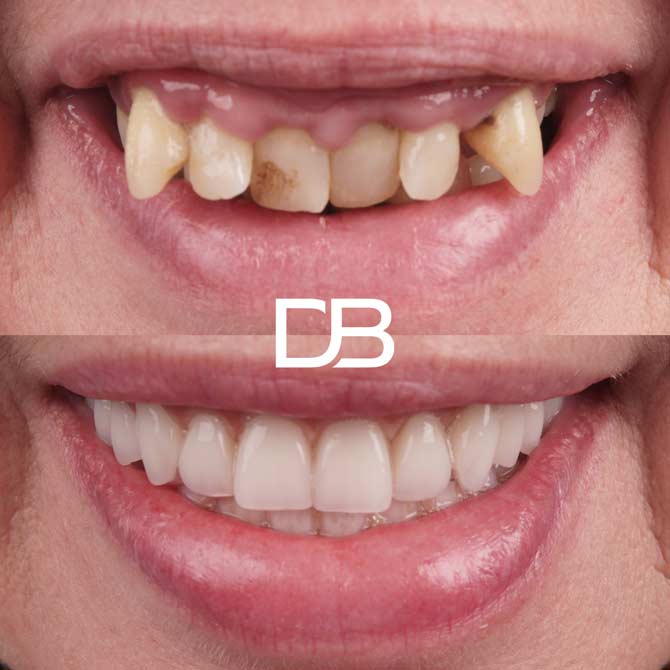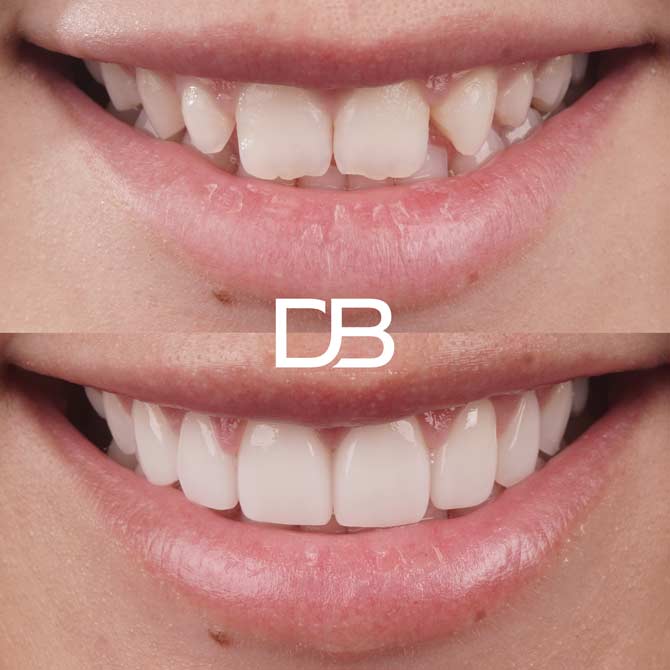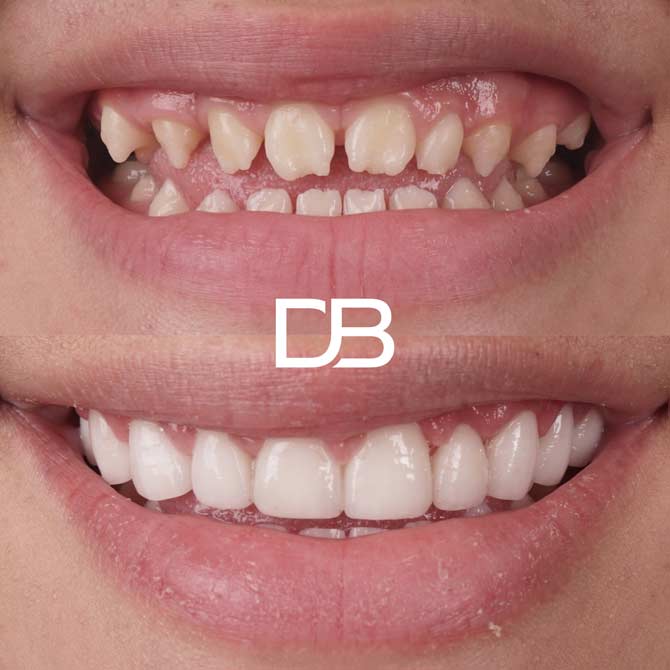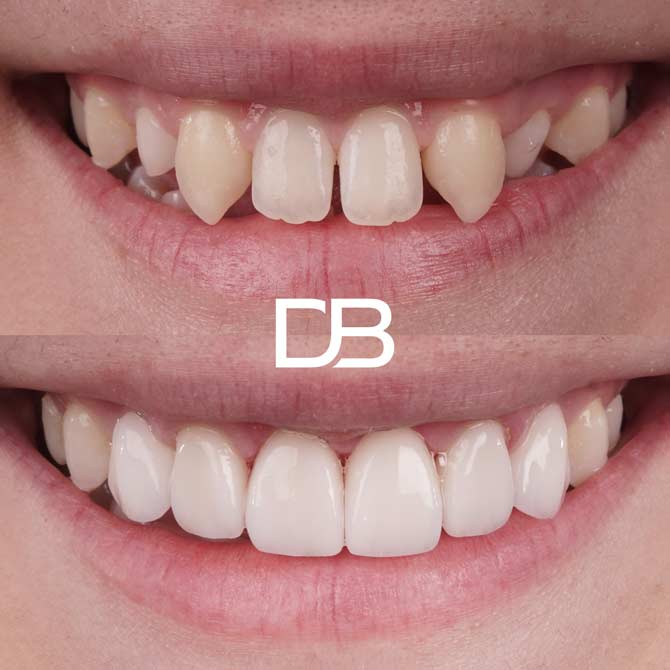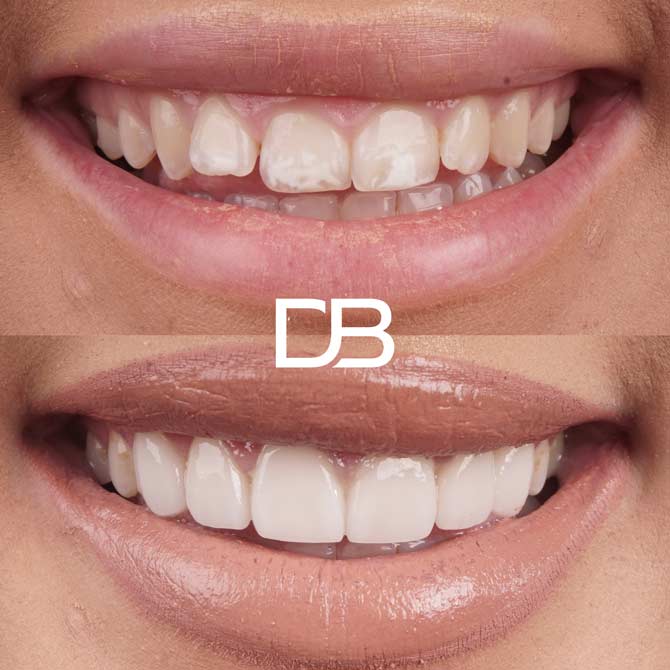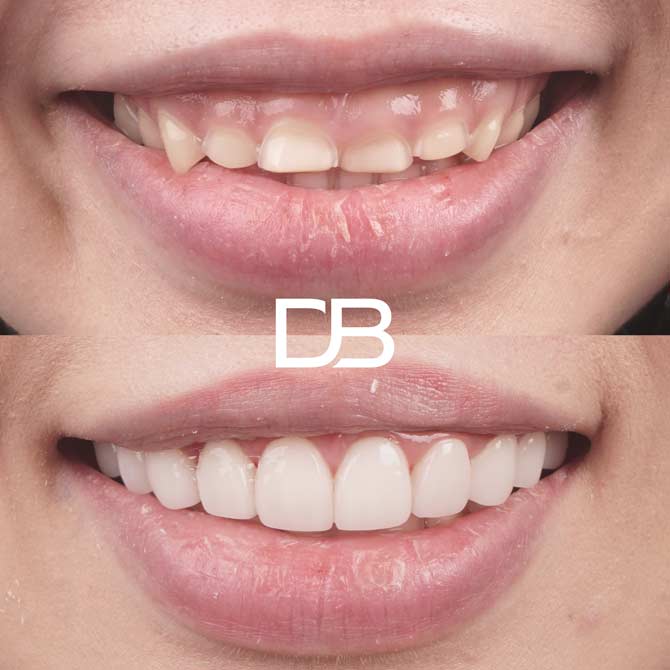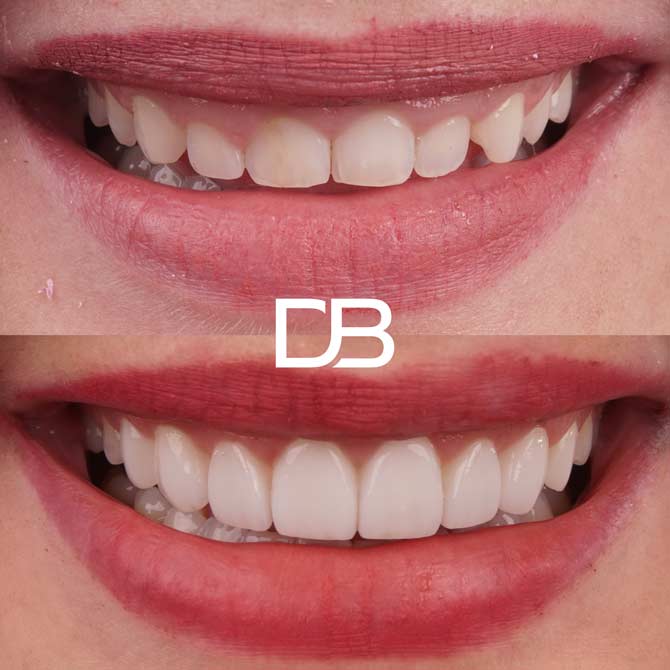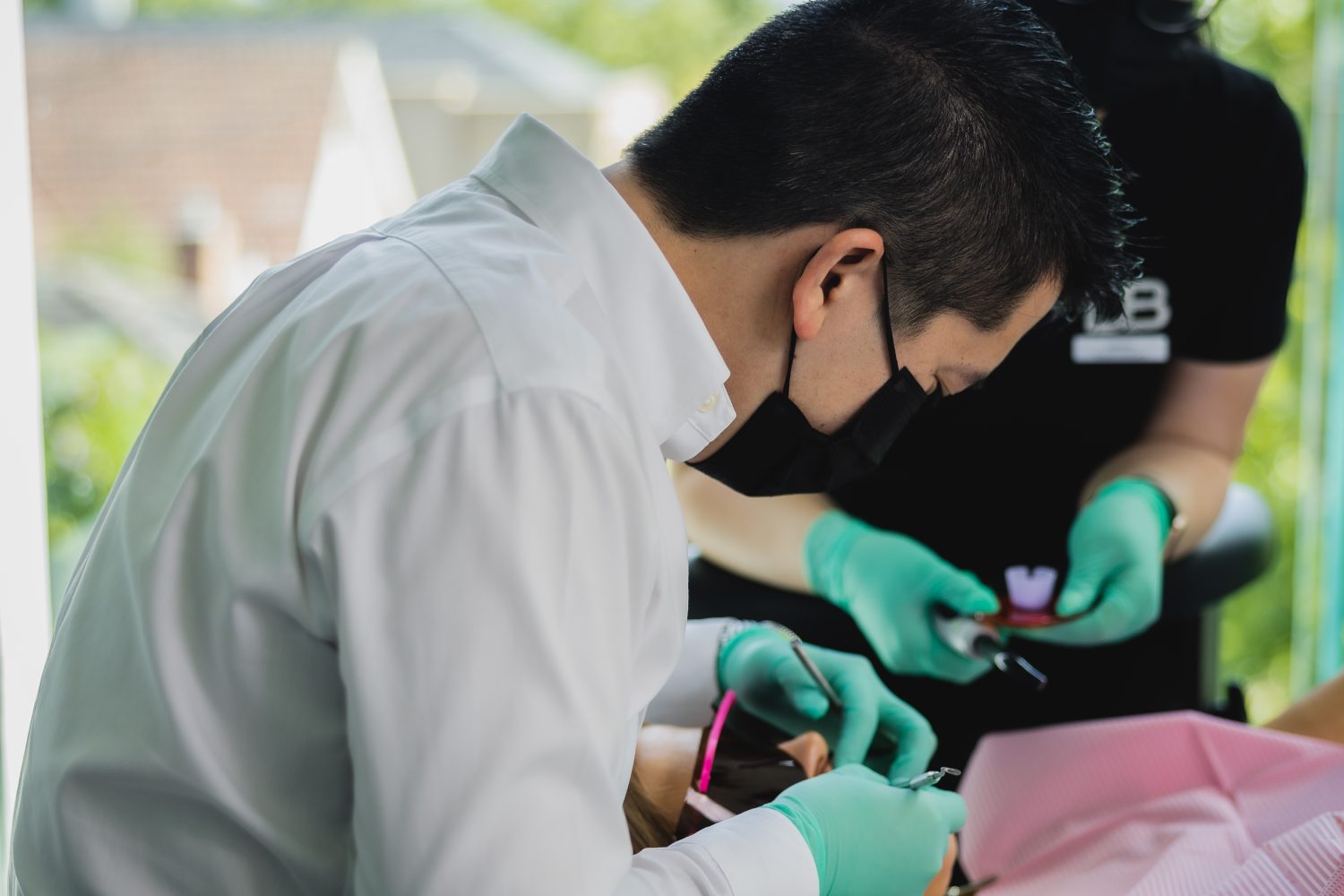
While most people have formed a healthy habit of brushing their teeth twice a day, for many, flossing doesn’t seem to stick. But if you’ve visited a dentist recently, you’ll know they insist on flossing!
Why is flossing so important? And what happens if you don’t make a habit of it? We explore these questions and more in our article below.
Why is flossing important?
Flossing and brushing serve the same purpose: keeping your teeth and gums clean and healthy.
Unfortunately, you can’t achieve good oral health by brushing alone, which is why flossing is so important.
Think of your teeth like a cube: each tooth has a front, a back, two sides and a top. Your toothbrush does a good job of scrubbing most of the front, back and top of each tooth, but its bristles can’t quite reach the sides.
That’s when flossing comes in. Flossing is an interdental cleaner that allows you to remove any plaque hiding between your teeth and around your gums.
Without flossing these hard-to-brush places, you may experience bad breath, sore or bleeding gums, and staining between your teeth.
You should take these as signs that it’s time to pick up your floss again (or buy some new floss) and get back in the swing of things.
What does flossing do?
Flossing comes with a range of benefits, which is what makes it so important.
Fundamentally, it helps remove lodged pieces of food and plaque from between your teeth and around your gums, and this simple action has a big impact on your oral health.
Because flossing removes plaque from hard-to-brush places, it also:
- Reduces the occurrence of bad breath
- Keeps your tooth enamel healthy
- Prevents tartar from building up
- Reduces the likelihood of cavities
- Prevents gingivitis from developing, reducing the likelihood of sore, inflamed or red gums.
Do I need to floss everyday?
It’s important that you floss at least once a day, with a maximum of twice a day, to maintain your oral health. This is because plaque tends to build up on your teeth within the 12-hour mark.
Flossing more than twice a day won’t be of much use and may damage your gums instead!
What happens if I don’t floss?
A few things may happen if you don’t floss regularly.
You’ll be susceptible to cavities
Flossing is important because it prevents cavities. When you don’t clean the plaque building up along your teeth, especially in those hard-to-brush places, plaque will begin to form.
Not only can plaque feel unpleasant (it’s that sticky, furry feeling along your teeth), but it also contains bacteria that erodes your enamel – your tooth’s outer shell.
Once this happens, you’ll begin to develop cavities that may cause tooth decay if left untreated.
You’ll have a tartar build-up
If plaque isn’t brushed or flossed away, it’ll form a hard shell around your teeth; this is called calculus or tartar.
And once tartar has formed, you won’t be able to brush or floss it away. The only way you’ll be able to remove it is with a professional dental clean.
Should you floss or brush first?
Flossing is most effective when it’s done just before brushing. This makes sure that the food in between your teeth is removed while preventing bad breath and decay from forming in those hard-to-get areas.
Types of floss and how to floss your teeth
 There are three types of flossing fit for different needs. These types include string floss, interdental brushes and water floss.
There are three types of flossing fit for different needs. These types include string floss, interdental brushes and water floss.
The floss that best suits you will depend on a few factors, including how gapped your teeth. Some people may require only one method of flossing, while other may require a combination of flosses tools to ensure they remove plaque successfully.
Regardless of what type of floss you choose to use, the important this is to floss each day!
String floss
String floss is the most common method of flossing and is also the easiest to find in supermarkets.
There are a few different ways string floss can be used.
The first is to twist the string floss around your index finger and floss up and down between your teeth. The motion that you use should mimic wiping of your teeth so it’s important to ‘wipe’ both the left tooth and right tooth and go up and down a few times in between each gap.
The second way is to purchase a small plastic U-shaped tool called a Flossette. These use the same “wiping” motion but are easier to handle than regular floss. Flossettes are perfect for people with dexterity issues or for children.
Not too sure how to use string floss correctly? Reach out to us today.
Is string floss effective?
String floss can be extremely effective, however, if it’s used incorrectly, it can cause some damage to your gums (we’ll get to that later).
If you’re confident with string floss, then this type of floss can certainly be your go-to.
Interdental brushes
Sometimes larger gaps between teeth require floss with a little more body, this is when interdental brushes come in handy.
Interdental brushes are like very small bottle brushes. The best way to use them is to find the largest brush that comfortably fits through the gap and to brush in and out 3-4 times each gap.
Are interdental brushes effective?
Interdental brushes work really well for people with large gaps between their teeth. They offer easy finger placement, and you don’t have to worry about wrapping string around your index finger!
However, these brushes won’t work for everyone. If you aren’t sure if interdental brushes are for you, we recommend seeking the advice of a trusted dentist.
Water flossing
Water floss is a very effective way to get plaque and food out of the gaps between your teeth.
The best way to use a water flosser is to put it right between the teeth and turn it on – this ensures that you make minimal mess while getting the maximum amount of pressure.
There are generally two types of water flossers you can get: a tabletop and a portable version.
The tabletop version plugs into your wall. This version holds more water and is slightly more powerful that the portable version.
The portable water flosser has a slightly smaller tank but can be moved around to be used anywhere you choose. This comes in handy when going on remote holidays or road trips.
When using a water flosser, make sure to use warm water and maximum power. You should also aim to use more than one tank of water for a single clean.
Is water flossing effective?
Water flossing can be just as effective as string flossing and is much easier to do correctly.
Water flossers do a great job of getting into hard-to-reach places, even if you have braces, crowns or implants, which can’t be said for string flossing.
Can I floss with braces?
While it may be tricky (especially at first), it’s still important to floss with braces. Make sure to floss around your gum line as well as around each brace bracket to ensure you remove all of your plaque build-up.
If you’re having difficulty with your technique, you can always ask your orthodontist for some guidance or recommendations.
Can flossing damage gums?
When you floss correctly, flossing doesn’t damage your gums. Instead, flossing is actually important in improving the health of your gums.
However, if you floss incorrectly, you may damage your gums. Here are some things to avoid:
- Flossing too vigorously
- Rubbing against your gums rather than your teeth
- Missing portions of your teeth and missing potential bacteria pockets
- Flossing too many times in one day
- Using the same section of floss for every tooth
- Using the wrong type of floss
- Flossing inconsistently.
Why do my gums bleed when I floss?
If you haven’t flossed for a while, the next time you do, you may experience bleeding gums. While it may be an alarming sight to see, it’s an indication that you’re doing the right thing.
Bleeding gums during flossing is a sign that you’ve developed the first stages of gingivitis.
When too much plaque and bacteria build up along your teeth, your gums inflame and become more sensitive as they react to the bacteria.
Rather than ceasing to floss when you see blood, you should instead make a note to floss more often.
Of course, make sure to floss gently and correctly so as not to cause more pain or damage to your gums.
Regular flossing is important to help remove built-up plaque and stop your gingivitis from worsening.
The takeaway
If you were sitting on the fence about whether or not to include flossing in your daily oral care routine, hopefully, this article has shown you the importance of flossing.
Whether you choose standard string floss, water floss or interdental brushes, flossing in between those hard-to-brush places is crucial to remove built-up plaque and protect your tooth enamel from bacteria-causing plaque.
When you floss daily, you’ll also dodge bad breath and reduce your chances of developing cavities or gingivitis.
If you’d like to speak with a dentist about your flossing habits, you can call our friendly team at Dental Boutique today.










